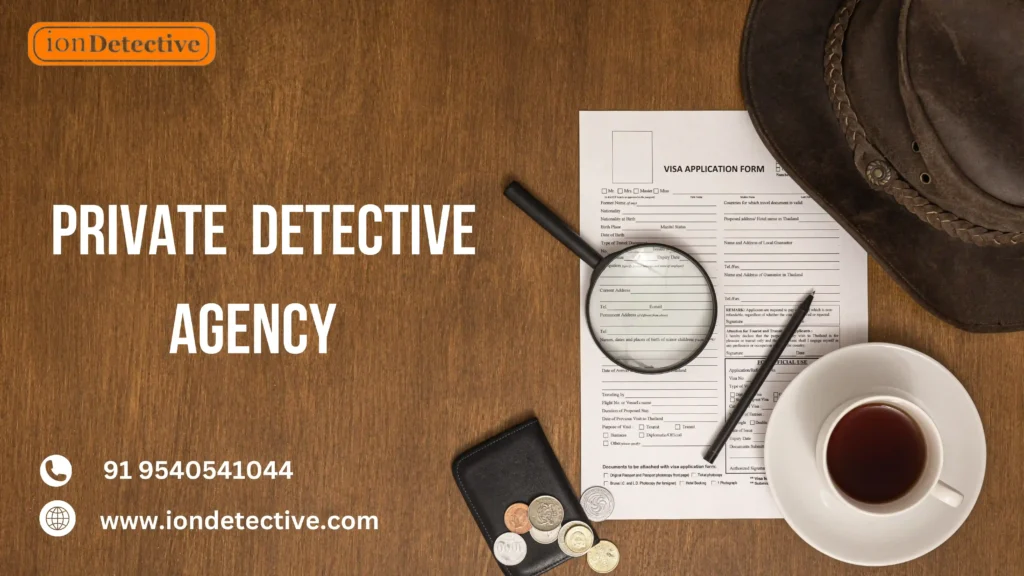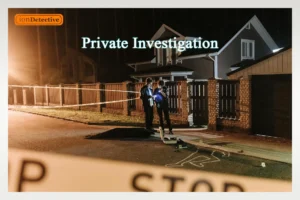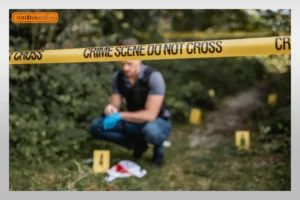Detective Hiring: Essential Steps to Finding the Right Investigative Expert
Hiring a detective can be a critical decision that requires careful consideration and planning. Whether you’re facing personal challenges, legal issues, or corporate concerns, choosing the right detective can make all the difference in uncovering the truth, gathering evidence, and achieving your desired outcome. In this SEO-friendly content piece, we’ll guide you through the essential steps involved in detective hiring, highlighting key factors to consider, questions to ask, and tips to ensure a successful and effective investigative process.
Keypoints of Detective Hiring :
- Define your Requirements & Objectives
- Research & Shortlist Potential Detectives
- Verify Credential and Licensing
- Schedule Consultation & Inteviews
- Review Proposal and Agreements
- Monitor Progress and Maintain Communication
Thing You’ve must know about Detective Hiring:
1. Define Your Requirements and Objectives
Before embarking on the detective hiring process, it’s essential to clearly define your requirements, objectives, and expectations. Determine the nature of the investigation, the type of services you require (e.g., surveillance, background checks, fraud investigation), and the desired outcome you aim to achieve (e.g., evidence gathering, resolution of a personal or legal matter, protection of business interests).
2. Research and Shortlist Potential Detectives
Conduct thorough research to identify potential detective agencies with the expertise, experience, and reputation to handle your specific case. Utilize online resources, professional directories, client reviews, and referrals from trusted sources to create a shortlist of candidates or agencies that meet your criteria and have a proven track record of delivering reliable and effective investigative services.
3. Verify Credentials and Licensing
Ensure that the detectives or detective agencies on your shortlist are licensed, certified, and accredited by the relevant regulatory authorities in their jurisdiction. Verify their credentials, qualifications, and professional affiliations to confirm their legitimacy, expertise, and adherence to industry standards, ethical practices, and legal requirements.
4. Schedule Consultations and Interviews
Arrange consultations or interviews with the shortlisted detective agencies to discuss your case, evaluate their capabilities, and assess their suitability for your specific needs and objectives. Ask relevant questions, seek clarification on their approach, methodologies, and fees, and gauge their responsiveness, communication skills, and professionalism to make an informed decision.
5. Review Proposals and Agreements
Carefully review the proposals, contracts, or service agreements provided by the selected detective or detective agency, ensuring that they clearly outline the scope of work, fees, timelines, confidentiality provisions, and other essential terms and conditions. Seek clarification on any ambiguities, negotiate favorable terms if necessary, and ensure mutual understanding and agreement before proceeding with the engagement.
6. Monitor Progress and Maintain Communication
Once the detective hiring process is complete and the investigation is underway, maintain regular communication with the detective or detective agency, monitor progress, and provide necessary support, information, and cooperation to facilitate a thorough, efficient, and successful investigative process. Stay informed, ask questions, and address any concerns promptly to ensure transparency, trust, and accountability throughout the engagement.
Conclusion
Detective hiring is a critical process that requires careful planning, research, and due diligence to find the right investigative expert who can meet your specific needs, deliver reliable results, and uphold the highest standards of professionalism, integrity, and confidentiality. By following these essential steps and considering key factors such as defining your requirements, researching potential detectives, verifying credentials, scheduling consultations, reviewing proposals, and maintaining communication, you can make an informed decision and ensure a successful, effective, and satisfactory investigative experience that helps you uncover the truth, protect your interests, and achieve your desired outcomes with confidence and peace of mind.














